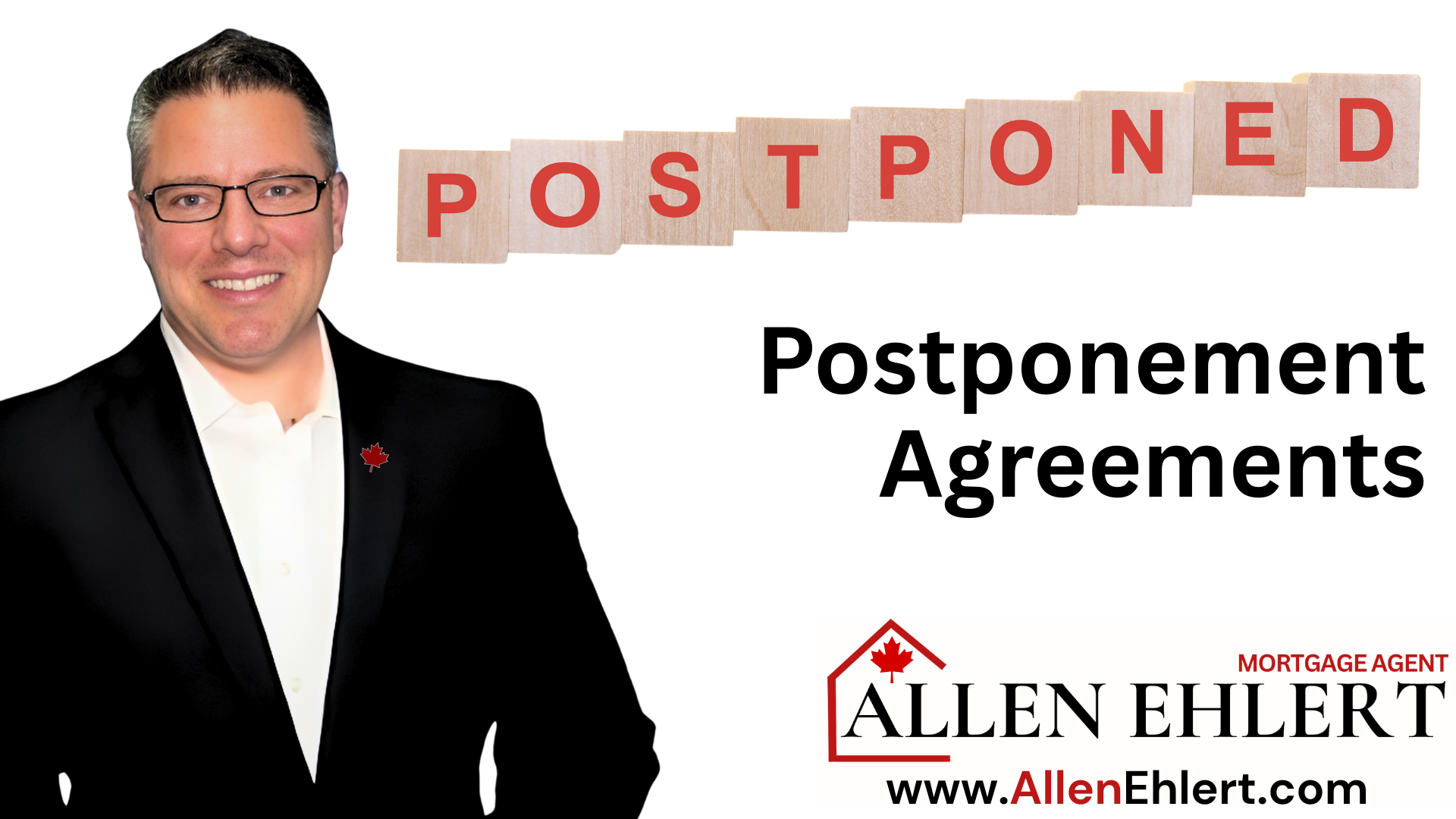As a licensed mortgage agent who works with a wide range of lenders, I often encounter clients who find themselves in a gray area—those who don’t quite fit the criteria for an “A” lender, but who still deserve competitive financing solutions. That’s why I’m introducing Effort Trust, a federally regulated “B” lender that offers flexible, fast, and practical mortgage solutions in Ontario. If you’ve never heard of Effort Trust before, you’re not alone—but they may be the right partner for your mortgage needs.
What Kind of Lender Is Effort Trust—and What Does That Mean?
Why Choose Effort Trust for Your Real Estate Financing?
Who Is an Ideal Client for Effort Trust?
What Makes Effort Trust Stand Apart?
Who Is Effort Trust?
Effort Trust is a federally regulated Canadian financial institution that operates as a “B” lender. In the mortgage world, a B lender is a step outside of traditional banks (A lenders) and caters to borrowers who may not meet strict guidelines due to credit challenges, complex income, or unique property types. Being federally regulated means that while Effort Trust offers flexible solutions, they still maintain rigorous compliance with national lending laws—offering both reliability and innovation.
What Kind of Lender Is Effort Trust—and What Does That Mean?
As a B lender, Effort Trust is ideal for clients who may have bruised credit, non-traditional income, or need to close quickly. Unlike private lenders, who operate with fewer restrictions but much higher interest rates and fees, Effort Trust provides institutional security and competitive pricing—typically lending up to 75% of a property’s value. They are also uniquely positioned as the only B lender with access to CMHC-insured products, meaning they can still offer insured solutions provided the file meets CMHC’s strict criteria.
Why Choose Effort Trust for Your Real Estate Financing?
In today’s mortgage landscape, flexibility, speed, and real-world understanding make all the difference—especially when life doesn’t follow a perfect script. That’s where Effort Trust sets itself apart. As a B lender with institutional credibility and practical lending solutions, they offer unique advantages that traditional banks simply can’t match. Whether you’re facing a tight closing deadline, have non-traditional income, or need a second look at your credit profile, Effort Trust delivers financing options designed to meet borrowers where they are—without compromising regulatory compliance or professional service. Here are three compelling reasons clients turn to Effort Trust.
- Fast Closings on CMHC-Backed Mortgages
- Credit Flexibility Without Sacrificing Compliance
- Entrepreneur and Investor Friendly
Fast Closings on CMHC-Backed Mortgages
Effort Trust can close insured deals in as little as one week—making them an excellent solution for clients who have left financing to the last minute. This speed is especially valuable in competitive real estate markets, where time can be the difference between a successful offer and a lost opportunity.
Credit Flexibility Without Sacrificing Compliance
With minimum acceptable Beacon scores starting at 500, Effort Trust evaluates files based on the full picture—not just the credit score. They’re open to understanding complex situations, such as maxed-out trades or prior delinquencies, if there’s a strong co-borrower or a compelling rationale. However, they will decline files with patterns of unpaid judgments or unresolved collections.
Entrepreneur and Investor Friendly
Effort Trust understands that self-employed individuals and real estate investors often don’t fit into the neat boxes of traditional lenders. They accept sole proprietors with low declared net income but high gross earnings by analyzing bank statements, invoices, and statements of business activity. They also allow lending on rental properties—even if the borrower has multiple units—up to 65% loan-to-value, as long as the documentation is complete and clear.
Who Is an Ideal Client for Effort Trust?
Effort Trust is best suited for:
- Self-employed borrowers who can’t show sufficient net income but have strong cash flow.
- Borrowers with less-than-perfect credit who need a second chance.
- Real estate investors with multiple rental properties who want to refinance or purchase at up to 65% LTV.
- Buyers on tight timelines, particularly those needing insured mortgages in under two weeks.
- Clients with complex down payment sources, as long as those funds can be documented and sourced in line with federal regulations.
They’re especially practical for situations where a client is buying from a builder, has a high-rise condo, or is dealing with income from multiple sources like dividends, sole proprietorships, or contract work.
What Makes Effort Trust Stand Apart?
Effort Trust is not just another alternative lender—they are a well-rounded institution with a deeply experienced underwriting team that emphasizes compliance, flexibility, and client service. Unlike many B lenders, Effort Trust offers access to CMHC-insured solutions, which can make a significant difference in rates and options. Their policies on gifted down payments are clear, their requirements are transparent, and their commitment to detail minimizes last-minute surprises.
Furthermore, their lending area is broad—serving the Greater Toronto Area, Ottawa, Windsor, Sarnia, and many communities in between, as long as the property is not rural. They also allow second mortgages behind their first, up to 85% loan-to-value combined, which provides even more flexibility for homeowners and investors.
In Summary
Effort Trust is a powerful ally for clients who may not be a fit for an A lender but who still need institutional lending options with fast turnaround, flexible underwriting, and regulatory oversight. Whether you’re a self-employed business owner, an investor with a growing portfolio, or a buyer needing to close quickly, this lender is a professional, dependable, and responsive option worth considering.
As always, I’m here to guide you through which lender is the right fit for your situation. If you believe Effort Trust might be that fit—or you’re unsure—let’s have a conversation. There’s always a mortgage strategy that can work for you.












